“The journey to development has been stunted.” —Yvonne Aki-Sawyerr
“Because there’s less external pressure on the continent now than there has ever been, we are beginning to see African countries coming together to figure out how they’re going to solve their problems.” —Carole Wainaina
Numbers can be misleading. Global health data suggest that Covid-19 has barely brushed Africa, at least compared to other continents. But Yvonne Aki-Sawyerr, mayor of Sierra Leone’s capital, Freetown, sees it differently. Not only has the pandemic crippled the economy, it has “really put a spotlight on our vulnerability,” she says. When “living day-to-day is a feature of life for most people,” the basic pandemic responses of social distancing and hand washing are almost impossible.
She points out that Freetown’s economy is characterized by the “informality” of its housing (35% of people live in settlements that some would call slums), its infrastructure (47% have running water), and its employment (most people earn their living through open markets). And Freetown is one of the most densely populated cities on earth at 8,450 people per square kilometer—an environment dangerously hospitable to infectious disease.
So, Mayor Aki-Sawyerr says, the “pandemic has been a real eye-opener.”
This situation presents a challenge that Carole Wainaina has been preparing for as she helped create Africa50, a platform designed to finance African infrastructure. “We’re in bad shape,” she admits. “Pre-Covid, Africa needed massive investments in infrastructure … and in post-Covid Africa there is an even bigger, more urgent need.” Like Aki-Sawyerr, she believes there must be an expanded focus on health, water, and sanitation.
Still, Wainaina says, “without capital, nothing’s going to move.” While she hopes foreign—and especially European—capital will flow to Africa, for now she thinks that Africa may need to help itself. “I think the biggest move is trying to mobilize local capital … internally within the continent,” she says. “And there is a lot of it.” For example, “There’s a lot of money sitting in pension funds that isn’t necessarily being invested in the right things on the continent,” and local investment flows are beginning to move more readily between African countries.
That focus on finding African solutions for African problems may be essential—now more than ever. As Aki-Sawyerr puts it, “The isolation which we’re seeing across the world, the turning inwards, is also a real wake-up call.” And Wainaina is cautiously optimistic that African leaders and institutions understand the urgency of the moment. Citing the recently launched African Continental Free Trade Agreement (ACFTA), she says, “I’m more positive than ever before that the crisis will accelerate the implementation of the ACFTA and put us in a position where we can begin to at least solve some of our own problems.”
When Aki-Sawyerr thinks local, she sees specific programs that can change lives in Freetown today. The pandemic has allowed her to accelerate programs already in train, and to stand up new initiatives. Water shortage? Implement a rainwater harvesting system. Fragile food supply chains? Introduce urban farming into informal settlements. Inadequate sanitation? Build “a locally driven, community-oriented, youth employment–enhancing waste-management system.”
But “the gap between the capacity at the national government and local government,” frustrates Aki-Sawyerr. “And for me, certainly the drivers of development, whether it’s investment in education, whether it’s investment in health, whether it’s sanitation … these are local government issues. And there has been, it feels, on the continent, a failure to effectively decentralize and to ensure that local governments are capacitated.”
She adds further fuel to the fire: “Every one of the [U.N.’s] Sustainable Development Goals is going to be delivered on the ground in a locality. And that locality is part of a ward. It’s part of a district. It’s part of a local government. It’s part of a city, municipality. It’s there. Right down at the level of the citizen, before you shoot up to the policy level of the national government. And I feel that part of Africa’s problem has been a disconnect between those two.”
In part because of Wainaina’s experience at Africa50 and, before then, at the United Nations in a top management position, she often looks at the world from the top down. “I recognize … that there are so many levels of stakeholders that need to be involved in order for anything to be delivered. You, Mayor Yvonne, are working at the sub-national level, and I’m working at the pan-African level.” She says she is hopeful—indeed, optimistic—that the pandemic will accelerate “not just dialogue” but urgent action at the pan-African, national, sub-national, and local levels. She says there is no solution without cooperation.
Both agree that Africa is a complex mosaic of global, national, sub regional, and local efforts. Wainaina points out that, in her native Kenya, small businesses supply near a third of the nation’s jobs and a significant slice of national income. “If you disconnect what you do from that group, you really cannot drive the economic and political development in our country,” she says.
What of the future? The average age in sub-Saharan Africa is 20. They are a force for dramatic economic growth or, possibly, deep social disruption. Both Aki-Sawyerr and Wainaina see the constructive engagement of Africa’s youth as an urgent opportunity and challenge.
Wainaina points to one opportunity, in particular: “If we found a way to leverage them across [the agribusiness] industry, … it could increase productivity and potentially help the continent be able to not just solve its food security issues … but also continue to contribute to feeding the world.” Africa has 60% of the world’s arable land, and Wainaina believes that value added agriculture could create endless jobs for young people. At the same time, “Africa can become the bread basket of the world.”
Aki-Sawyerr describes just how stark the challenges are: “In Sierra Leone, we have one of the highest mortality rates in the world. Many of those people who die are teenage girls. We have a life expectancy of 52 years … Many of the people who die are also very young. That’s youth.”
Creating profitable, sustainable, interesting work for those millions of young workers is the core challenge. The solution is clear, says Aki-Sawyerr: “Create an environment in which they can thrive. Investments in education. Investments in skills. Investments in healthcare. Investments in sanitation.”
Those investments will need to be paid for, not just by investors but by increased economic activity. Beyond the African breadbasket, Wainaina sees several more paths towards African prosperity, including not only a willingness, but an enthusiasm to adopt new technologies. She also points out that, even as global supply chains are disrupted, the world still needs Côte d’Ivoire’s cocoa, Ghana’s gold, and the Congo’s diamonds. “These value chains will probably emerge stronger post-pandemic and potentially put Africa in a fairer position,” she says.
In the end, both Wainaina and Aki-Sawyerr agree that unlocking Africa’s potential means making sure that the pieces—top-down and bottom-up, pan-African and local—fit together. Both say they are optimistic and hopeful. As Aki-Sawyerr concludes, “We’ll connect the dots and we will get the pieces working.”
Mayor Yvonne Aki-Sawyerr and Carole Wainaina recently spoke with Alan Stoga as part of the Tällberg Foundation’s “New Thinking for a New World” podcast series. Hear their whole conversation below or find us on a podcast platform of your choice (Itunes, Spotify, Acast, Stitcher, Libsyn).
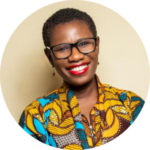 Yvonne Aki-Sawyerr OBE was sworn in May 2018 with a commitment to transform Freetown using an inclusive, data-driven approach to address challenges in the city. The 3-year Transform Freetown plan details 19 concrete targets across 11 sectors and covers issues ranging from tackling environmental degradation to facilitating the creation of jobs in the tourism sector.
Yvonne Aki-Sawyerr OBE was sworn in May 2018 with a commitment to transform Freetown using an inclusive, data-driven approach to address challenges in the city. The 3-year Transform Freetown plan details 19 concrete targets across 11 sectors and covers issues ranging from tackling environmental degradation to facilitating the creation of jobs in the tourism sector.
A finance professional with over 25 years of private sector experience in strategic planning, risk management consulting and project management, Mayor Aki-Sawyerr’s public sector engagement began with her work during the 2014-2015 Ebola epidemic and her subsequent role as Delivery Team Lead for the second phase of a multi-stakeholder programme to drive socio-economic recovery in Sierra Leone post Ebola. Mayor Aki-Sawyerr is a Chartered Accountant and holds an MSc in Politics of the World Economy from the London School of Economics and a BSc Hons in Economics from Fourah Bay College.
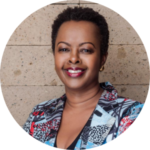 Carole Wainaina is a leader of Africa50, the pan-African infrastructure investment platform capitalized by the African Development Bank, 28 African countries and two African Central Banks based in Casablanca. She is a well-respected senior executive with global experience in the private and public sectors at senior levels, including strategy formulation, leading multi-disciplinary teams, and driving organizational change.
Carole Wainaina is a leader of Africa50, the pan-African infrastructure investment platform capitalized by the African Development Bank, 28 African countries and two African Central Banks based in Casablanca. She is a well-respected senior executive with global experience in the private and public sectors at senior levels, including strategy formulation, leading multi-disciplinary teams, and driving organizational change.
Before joining Africa50, she served as the Assistant Secretary General for Human Resources at the United Nations from 2014-2017, leading transformational initiatives for the Secretary General and member states. Prior to joining the United Nations, Ms. Wainaina held senior positions for more than two decades at multinational corporations in Turkey, the United States, the United Kingdom, the Netherlands, and Kenya. She served for three years on the Executive Committee of Royal Philips in the Netherlands as Executive Vice President and Chief Human Resources Officer. She worked for 13 years at the Coca-Cola Company in senior roles, including Chief of Staff for the Global Chairman & CEO as well as President of the Coca-Cola Africa Foundation. She started her career as a management consultant at PricewaterhouseCoopers.
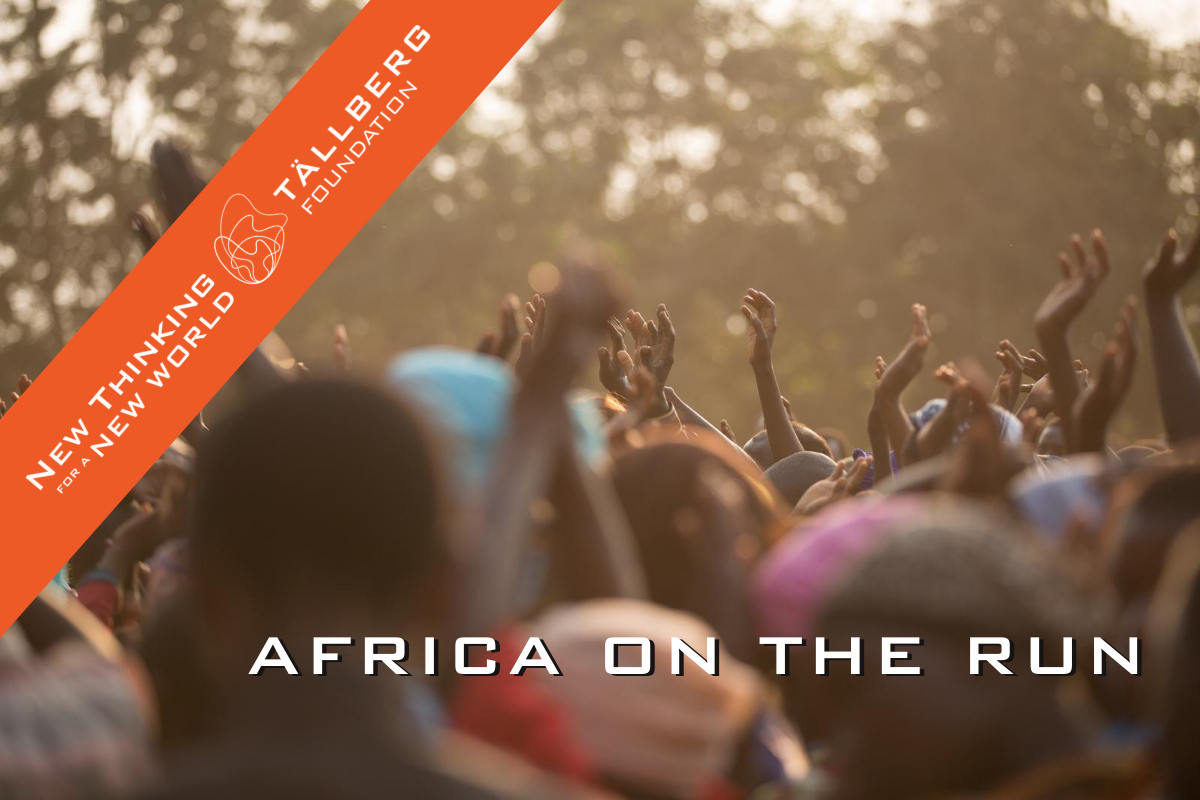
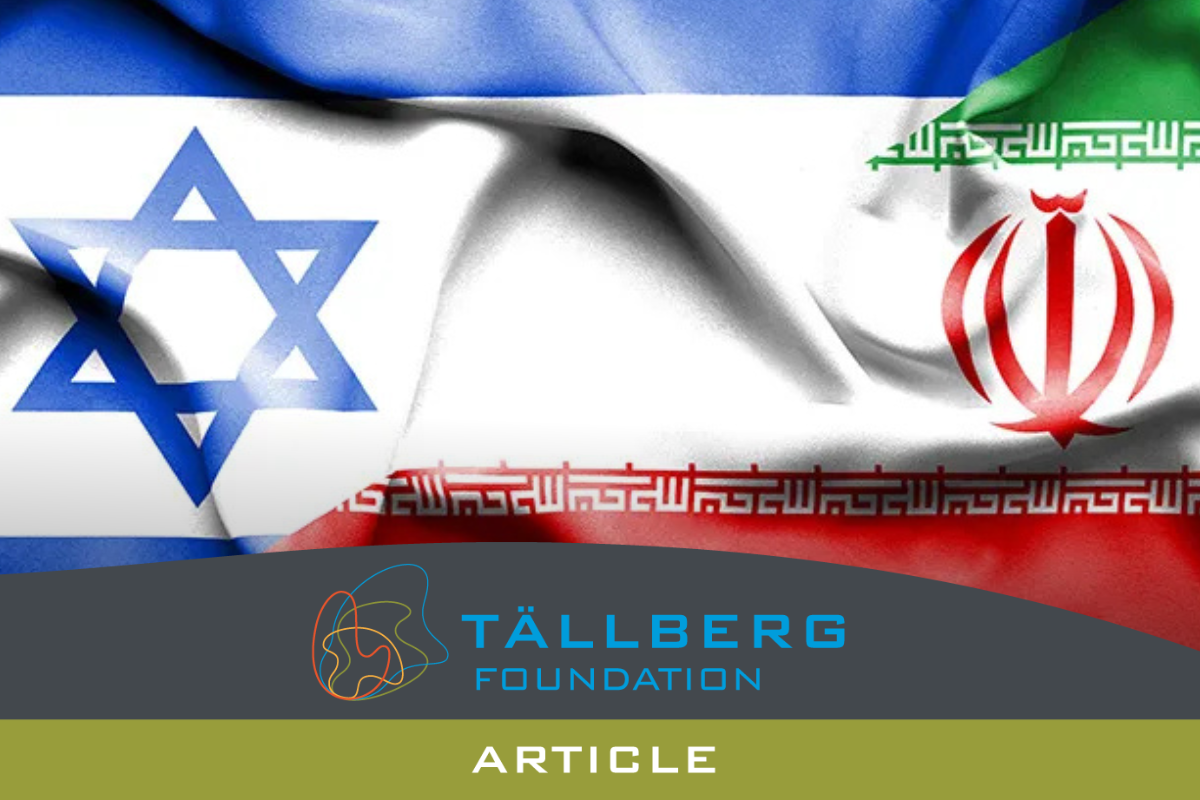
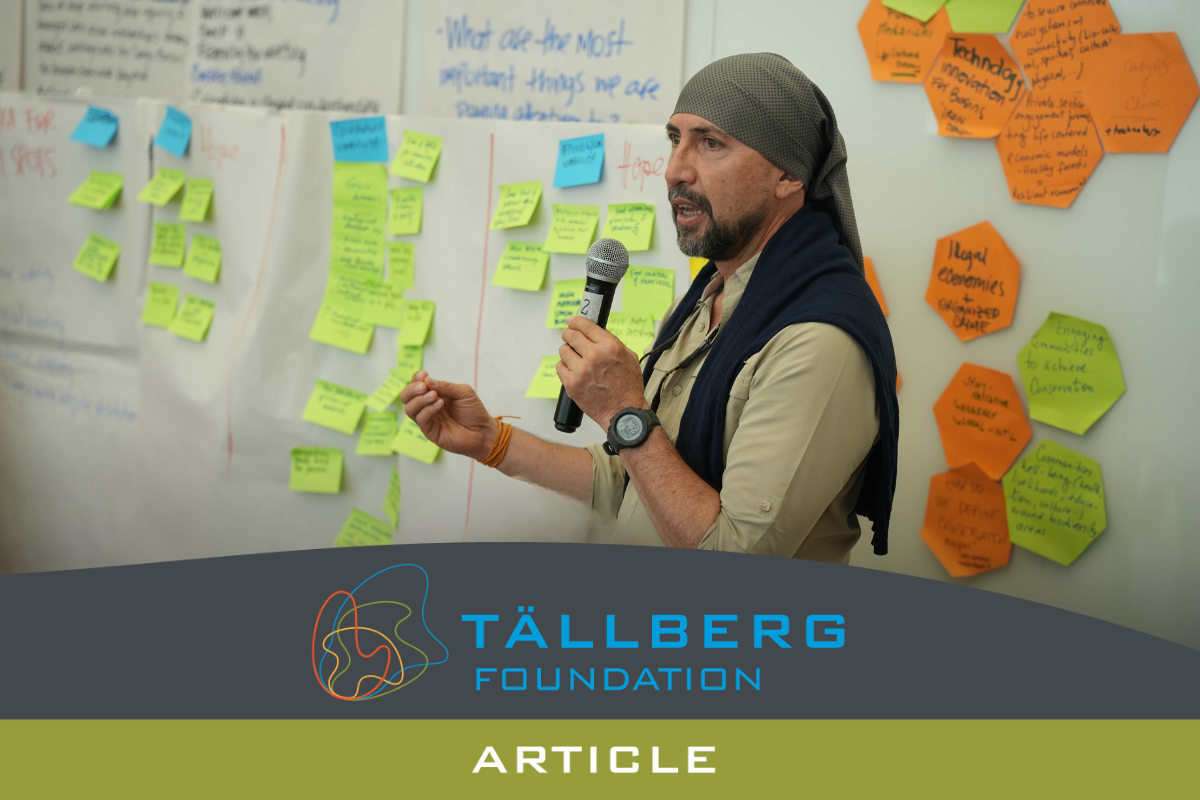


0 Comments